Argentina is engulfed in shock and outrage after three young females—two women and a teenage girl—were tortured and murdered in what authorities say was a live-streamed execution by a suspected drug gang. The brutal crime has unleashed a wave of protests across Buenos Aires and reignited long-standing demands over gender violence, state inaction, and public security.
The Crime & Its Revelations
The victims—identified as Brenda del Castillo (20), Morena Verdi (20), and Lara Gutiérrez (15)—disappeared after reportedly being lured under false pretense: the promise of payment to attend a “party.” Investigators say the trio were forced into a van, taken to a house in a suburban area of Buenos Aires, and subjected to horrific torture before being killed and buried in the yard.
What made the case particularly chilling was the claim that much of the abuse was broadcast to a private Instagram group of about 45 viewers. In the footage, one figure is heard admonishing: “This is what happens to those who steal drugs from me.” According to authorities, fingers were amputated, nails were pulled, and the victims were beaten and suffocated.
After tips from suspects during interrogation, police located the remains buried in plastic bags in a southern suburb. So far, five suspects have been arrested, including individuals accused of logistical support, though the alleged mastermind—a 20-year-old Peruvian national—remains at large.
Protests & Public Outcry
The response was swift and impassioned. Thousands took to the streets of Buenos Aires carrying banners with the names “Lara, Brenda, Morena,” and placards bearing their faces. Many demonstrators chanted, “Our lives are not disposable,” and denounced the killings as “narco-femicides”—a term combining narcotics violence with gender-based killing.
Family members, human rights groups, feminist movements, and civil society allies joined in a unified outcry. Some confrontations with police occurred, particularly when protesters attempted to reach government buildings. At the core of many demands: justice, accountability, and a prompt end to impunity for crimes against women and girls.
Deeper Issues at Play
While the horror of the crime itself has galvanized attention, it also lays bare deeper structural challenges:
- Escalation in Narco Tactics: Experts warn that the use of livestreaming violence signals a disturbing shift in how criminal groups assert power and instill fear. This is not just about territorial or drug control—it’s about spectacle and dominance.
- Gendered Violence & Femicide: Argentina already battles a persistent crisis of violence against women. The citizens see this incident not as isolated, but symptomatic of systemic failure to protect vulnerable populations and stem machismo culture.
- State Void & Social Neglect: Protesters accuse the state of neglecting marginalized neighborhoods where organized criminal groups have gained ground amid economic hardship. Underfunded policing, social services cuts, and rising poverty create fertile environment for gang influence.
- Digital Platforms & Responsibility: The livestream element raises challenging questions about content moderation, platform accountability, and how social media tools may be misused for atrocity. Meta, the parent company of Instagram, has publicly said it found no evidence the livestream occurred on its platform, yet says it remains open to cooperating in investigations.
What Lies Ahead
The government is under immense pressure to deliver. Key steps expected include:
- Pursuing the masterminds, including cross-border cooperation if needed.
- Strengthening judicial and prosecutorial capacities in gender and organized crime cases.
- Enhancing protections and rapid response mechanisms for women and girls, especially in vulnerable communities.
- Regulatory and oversight measures on digital platforms to prevent abuse of live broadcasting tools.
For Argentina, this tragedy may mark a turning point—or a wake-up call. The public demands more than arrests: it demands a system that affirms the value of women’s lives, and a state that refuses to be silent in the face of terror.

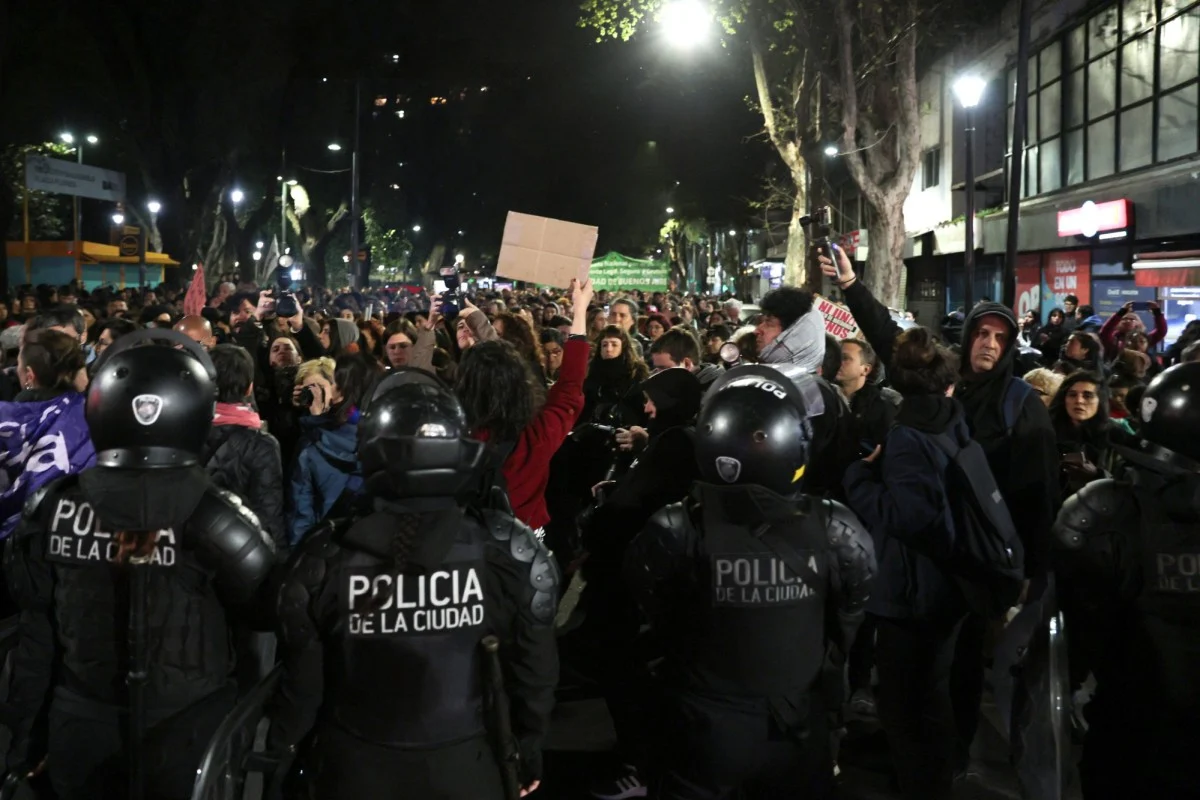
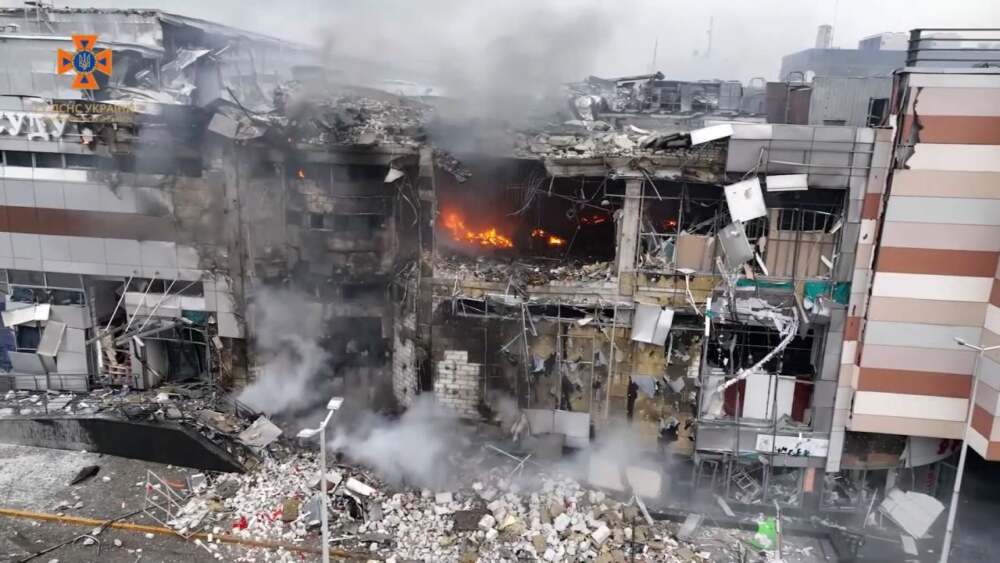
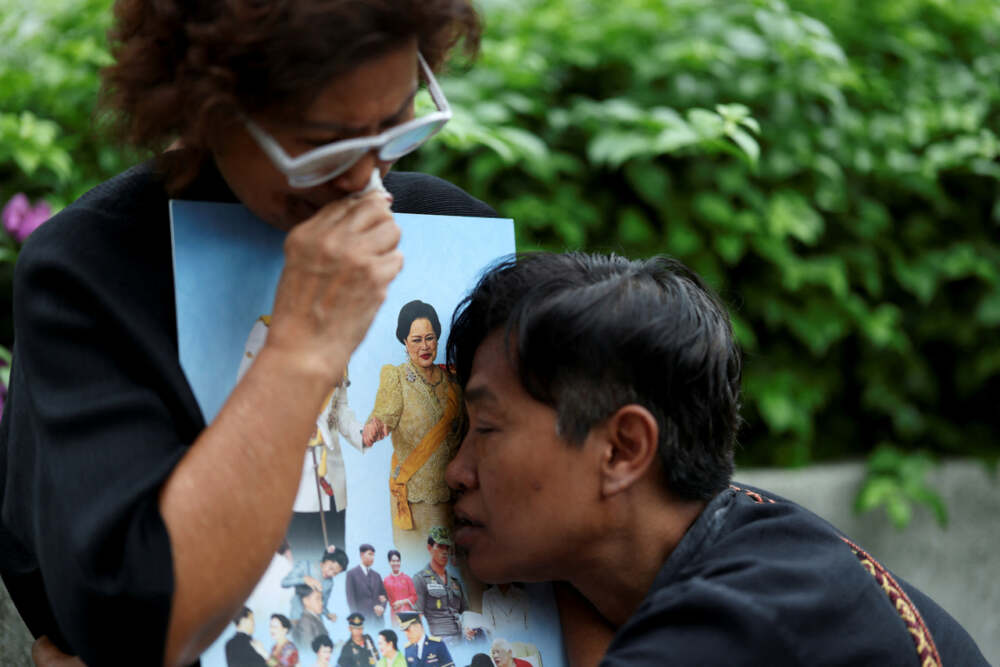

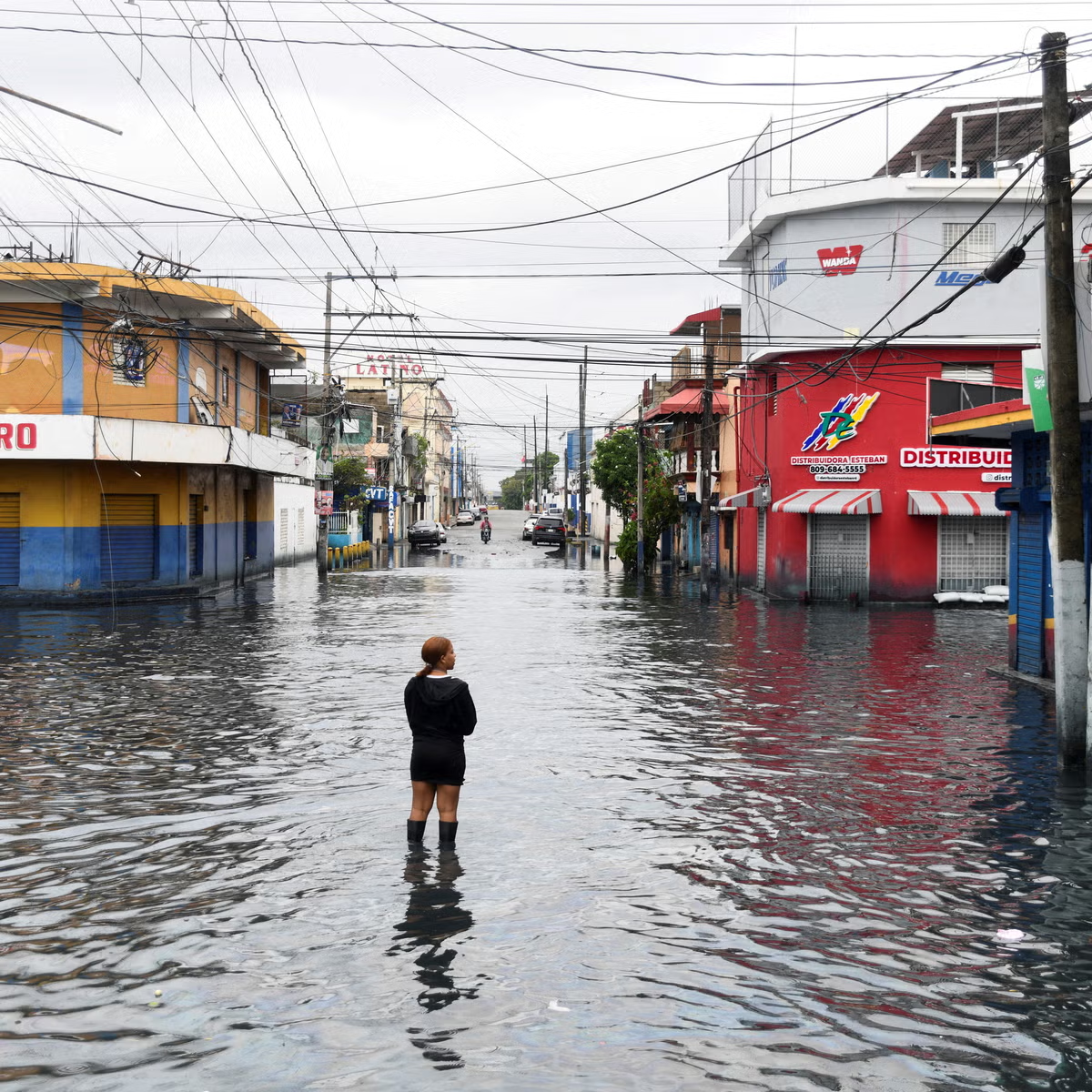
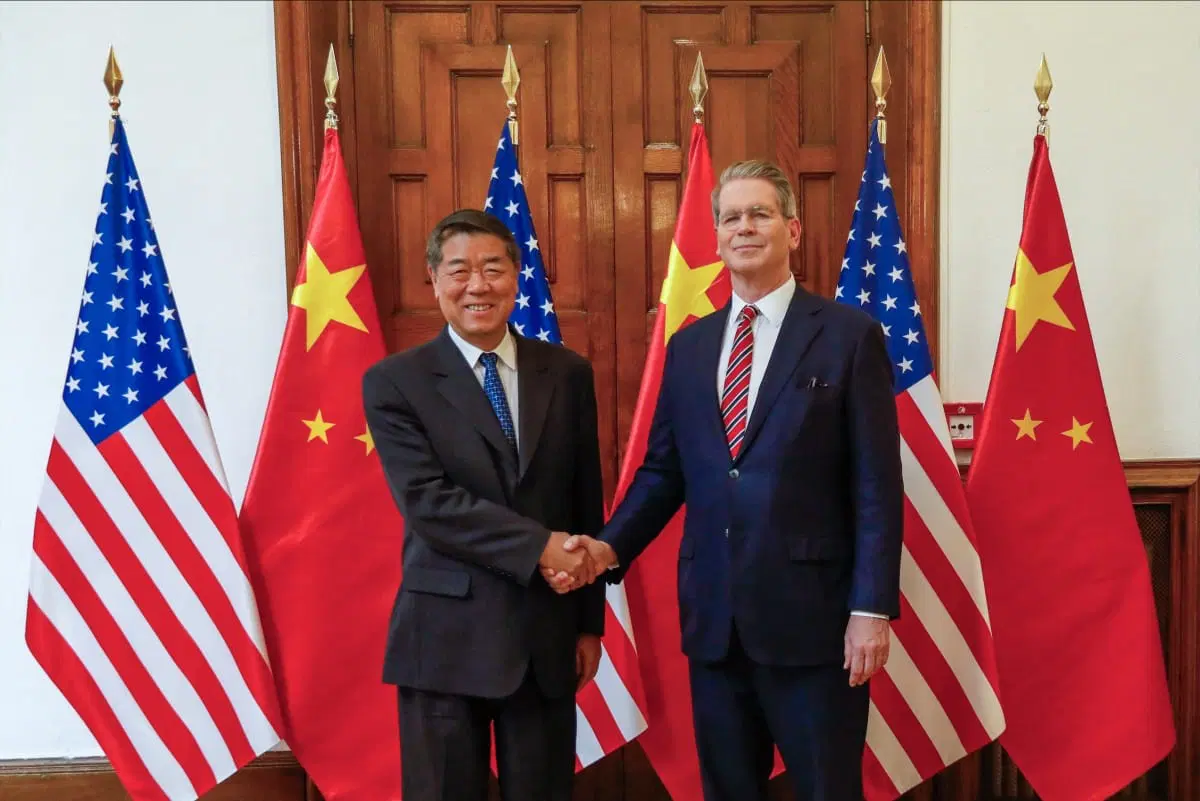
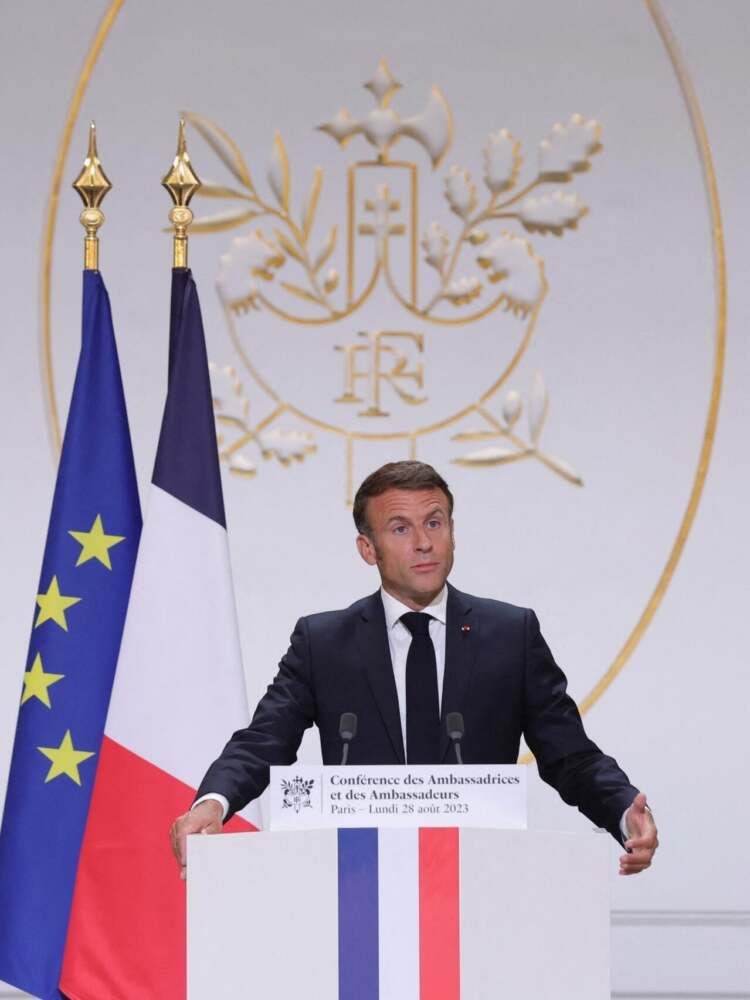
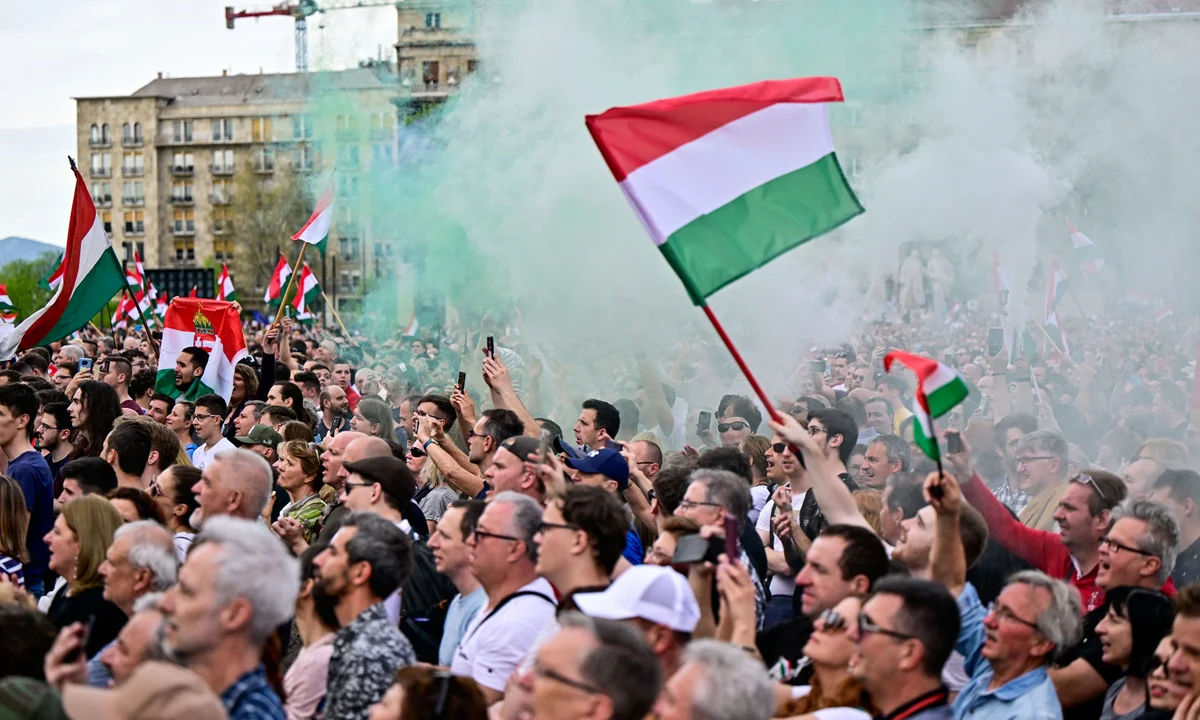
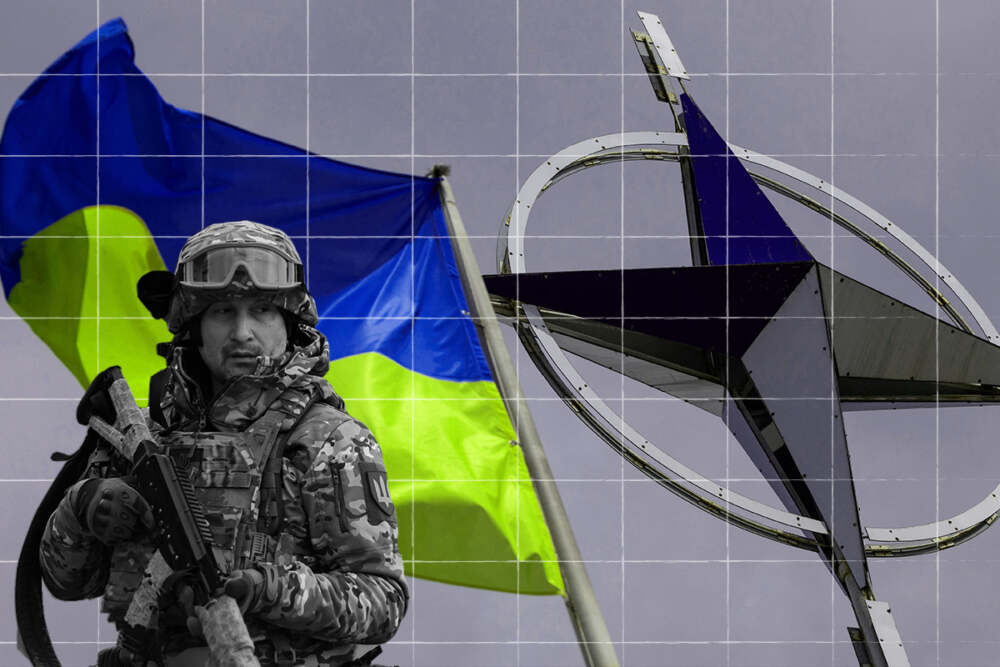
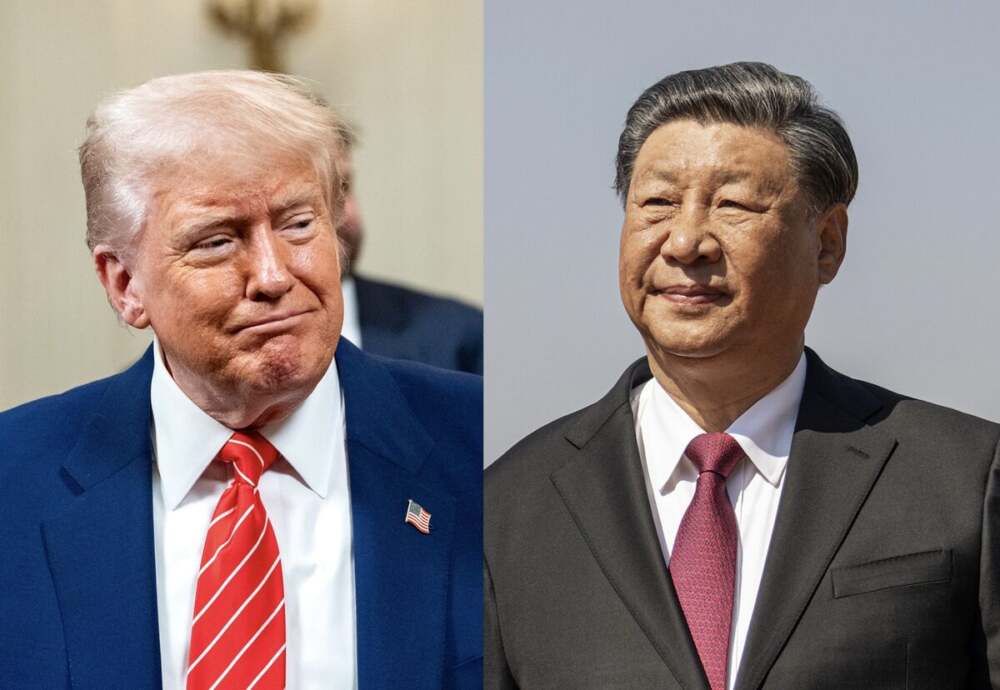





Leave a Reply